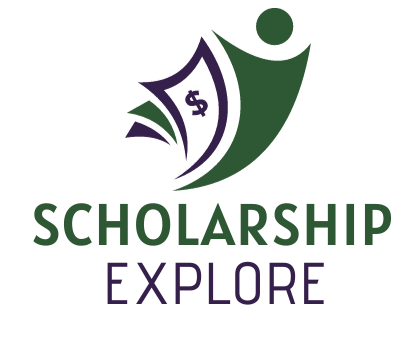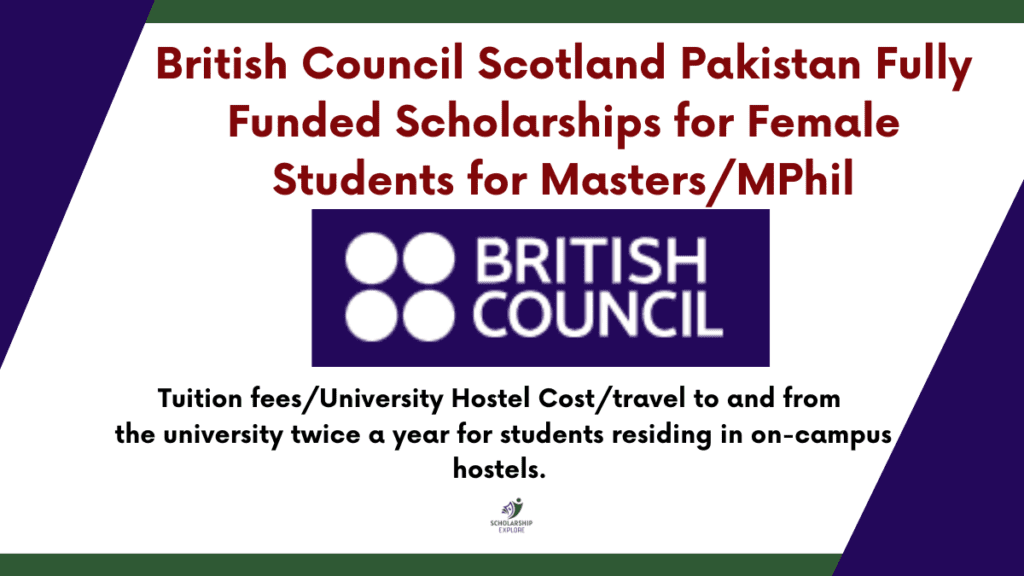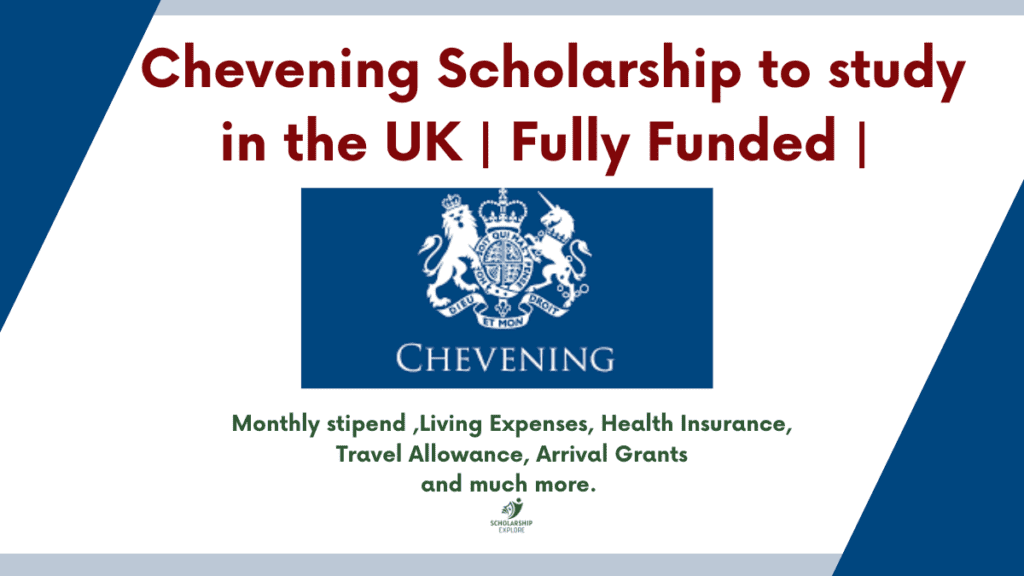The World Bank scholarships program window 2 for developing countries is open for applications. The Joint Japan/World Bank Graduate Scholarship Program for 2025 invites individuals from 160 developing nations. The participants of the scholarships are to engage in comprehensive master’s degree courses at affiliated universities. This program grants emerging scholars a two-year period to contribute to the initiatives of the World Bank.
The World Bank facilitates educational advancement in key areas. Such as Public Policy, Economics, Environmental Studies, and STEM through a variety of fellowships, grants, and scholarships. Moreover, the World Bank’s scholarship program is steadfast in its commitment to enhancing the capabilities of individuals and nations. This scholarship opportunity is available to qualified students in regions including the United States, Europe, Africa, Oceania, and Japan.
The JJ/WBGSP endows candidates with the opportunity to enroll in distinct Master’s Programs. These programs are in 27 institutions located in regions including Oceania, Japan, Africa, Europe, and the USA. It comprehensively covers educational expenses, medical insurance, travel fares, and provides a monthly allowance for the duration of two years.
For further information on the application process for the JJ/WBGSP 2025, additional details are available below.
Benefits of the scholarships
As we mentioned, the scholarship covers most of the expenses for almost two years. It provides:
- Complete coverage of tuition fees
- Scholars are granted a travel allowance of US $600 for each journey,
- The cost of basic health insurance provided by the university.
- Recipients are awarded a monthly stipend to assist with living costs, including accommodation, meals, and educational materials.
The JJ/WBGSP scholarship does not cover:
- Visa application(s) costs
- Expenses to bring and/or support a scholar’s family members;
- Extra-curricular courses or training;
- Courses that do not meet the minimum credits required to earn the graduate degree;
- Language training not provided by the graduate program;
- Additional travel during the course of the study program;
- Expenses related to research, supplementary educational materials, field trips, participation in workshops/seminars, or internships; or
- Educational equipment such as computers.
- Resident permit fee
Eligibility Criteria for World Bank scholarships Program
Individuals from developing nations that are members of the World Bank are eligible to apply.Applicants must be in robust health to be considered for the Japan World Bank scholarship program.
- A bachelor’s degree or its equivalent, obtained at least three years prior to the application deadline for the program.
- A minimum of three years of development-related work experience post-bachelor’s degree is necessary.
- Full-time in a development-related role.
- Eligibility also requires admission to one of the JJ/WBGSP endorsed master’s programs located outside the applicant’s country of citizenship and residence as defined at the start of the scholarship application period for the forthcoming academic year, by the application deadline.
- Applicants should not be employed by the World Bank Group in any capacity, including Executive Director, their deputies, staff, or be a close relative of such individuals, where ‘close relative’ encompasses parents, siblings, children, and extended family members like aunts, uncles, nieces, and nephews.
- Those who have previously declined a JJWBGSP scholarship or were awarded one but did not complete their studies are ineligible to reapply. An admission letter must be uploaded before the final submission of the application. For detailed application procedures, refer to the ‘How to Apply’ section.
Also check out: Fully Funded DAAD EPOS scholarship for developing countries 2025-2026
Document Requirement for the scholarships
Below are the documents require for the World Bank scholarships program:
- Two professional recommendation letters
- A completed Application Form, including the Signature Page agreement, in English or the language of your master’s program.
- Proof of eligibility concerning years of development-related work.
- Your bachelor’s degree diploma and, if applicable, your most advanced graduate degree diploma.
- A Curriculum Vitae (CV) in the specified format, excluding unpaid work unless listed under a separate “Volunteer Work” category.
- An unconditional Letter of Admission (financing aside) for the upcoming academic year from a JJ/WBGSP participating master’s program.
Complete your application before deadline. It’s crucial to follow the instructions carefully and provide all necessary documentation to avoid any delays or issues with your application process.
ANNEX 1: 2025 LIST OF ELIGIBLE COUNTRIES
To be eligible for a JJ/WBGSP scholarship, the applicant must be a citizen of one or more of the following countries: Afghanistan, Angola, Bangladesh, Belize, Benin, Bhutan, Bolivia, Burkina Faso, Burundi, Cambodia, Cameroon, Cape Verde, Central African Republic, Chad, Comoros, Congo (Democratic Republic), Congo (Republic), Côte d’Ivoire, Djibouti, Dominica, Egypt (Arab Republic), Eritrea, Eswatini, Ethiopia, Fiji, The Gambia, Ghana, Grenada, Guinea, Guinea-Bissau, Haiti, Honduras, India, Iraq, Jordan, Kenya, Kiribati, Kosovo, Kyrgyz Republic, Lao PDR, Lebanon.
Lesotho, Liberia, Libya, Madagascar, Malawi, Maldives, Mali, Marshall Islands, Mauritania, Micronesia (Federated States), Morocco, Mozambique, Myanmar, Nepal, Nicaragua, Niger, Nigeria, Pakistan, Papua New Guinea, Philippines, Rwanda, Samoa, São Tomé and Príncipe, Senegal, Sierra Leone, Solomon Islands, Somalia, South Sudan, Sri Lanka, St. Lucia, St. Vincent and the Grenadines, Sudan, Syrian Arab Republic, Tajikistan, Tanzania, Timor-Leste, Togo, Tonga, Tunisia, Tuvalu, Uganda, Ukraine, Uzbekistan, Vanuatu, Venezuela, Vietnam, West Bank and Gaza, Yemen (Republic of), Zambia, and Zimbabwe.
Deadline for World Bank Scholarships Program
The World bank scholarship application last date is May 23, 2025, at 12:00 noon EST.
How to Apply for a World Bank Scholarships?
To apply for the scholarship, check out the course catalog given below. Choose a course of your interest. Check out the official page, and apply. Remember, The link to the online application form will only be communicated by JJ/WBGSP Participating Programs to the applicants they have shortlisted as eligible.
The participating programs will share the link for application. Use that link to apply for the World Bank scholarships program. Furthermore, check out the courses, and also use the official webpage for further details.



